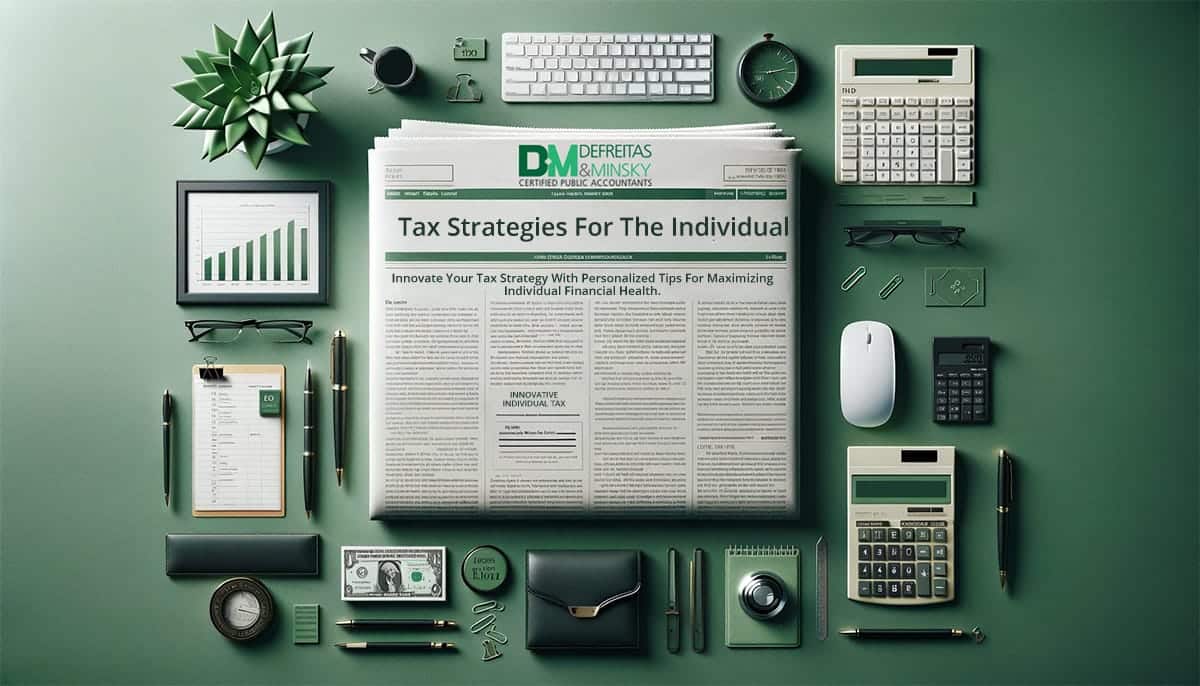<– Return to the first page of how a buy-sell agreement helps to buy out a partner
More Ways a Buy-Sell Agreement Will Help Buy Out a Partner
Retirement
Suppose that Steve decides that after years of hard work and dedication, he wants to retire so that he can travel the world while he’s still fit. Leonard plans to stay at the sandwich shop and actively continue to run the business. Their buy-sell can structure a plan through which Steve can step down from his active role in the company, but remain compensated for his stake in the company. This compensation can extend over a significant period of time, so that he’s able to maintain his lifestyle without having to tap into his savings. This type of contingency can often be structured through some life insurance policies, as well.
Career Change
Maybe Steve doesn’t want to retire, but instead he decides that he should give something else a go instead of sticking with sandwiches. When he hits 50, he thinks that perhaps he’ll give Steve’s Sweater Store a shot, but what does that mean for Leonard? The partners can structure their buy-sell to distinguish between retirement and “departure” or “withdrawal” if they so choose. They can agree to discount the price to buy out a partner after a relatively short period of time, or could choose to delay the payout until a specific time.
Disability
If Leonard were to fall ill and become unable to continue working, he’ll be really glad that he and Steve had the foresight to create a detailed buy-sell agreement. Their buy-sell can spell out what criteria constitutes disability, and how different types of disabilities will be handled. This includes whether or not Leonard would receive a salary, how long said salary would continue, and the partners’ options as far as a subsequent buyout would be concerned. Disability insurance would also be a factor in supporting Leonard at this time.
Owner’s Death
An owner’s share in his company being inherited by his family could become quite the fiasco for his partner. Business partners often take out life insurance policies together to protect their company in the event that one of the partners passes away. If Steve were to die unexpectedly, his wife Lucy would inherit his share of the company. Using a predetermined formula to assess value, their buy-sell can set the price that Leonard would have to pay Lucy to buy Steve’s share of the sandwich shop. Leonard could either use the money he receives from the life insurance to buy Lucy out, or, if the company also receives life insurance money, it can buy Steve’s shares, which would leave Leonard as the sole owner of the shop.
Why a Buy-Sell is Important
There’s no question that running a business requires a great deal of time and money. Having a steady cash flow is imperative to a company’s success, and when small business owners work around the clock to keep that up, it’s understandable for them to be leery of the financial commitment of establishing a buy-sell. However, as the aforementioned trigger events have shown, the consequences of not having a thorough buy-sell agreement could potentially end a business entirely. As unappealing as the cost of paying attorney fees, life and disability insurance premiums, and the other expenses that creating a detailed buy-sell agreement entail may be, it’s important to weigh that burden against what may happen if such an agreement didn’t exist. The cost of having to buy out a partner could be crippling if the necessary arrangements haven’t been made beforehand. If you have questions about the intricacies of a buy-sell agreement that fits the needs of your company, or about how to buy out a partner, contact the experienced accountants at DeFreitas and Minsky LLP at (516) 746-6322!








